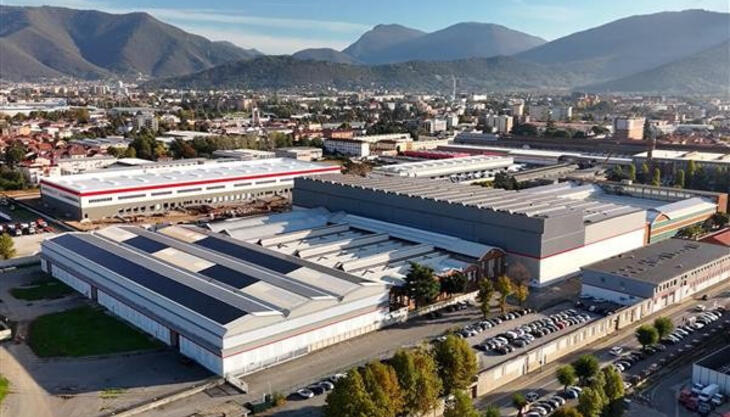Egypt and Turkey in difficulty
According to reports from the consulting company Chemorbis, the trade of polymers and raw materials on the Mediterranean markets of Egypt and Turkey has been hindered by current political turmoil. The players in these two countries have become cautious when it comes to new purchases, because events are making market forecasts questionable, while recent unrest has driven up the exchange rate against the US dollar, making trading operations difficult, especially when it comes to imports.
According to local sources, in Egypt, opposition protesters to Islamic president Mohammed Morsi have been planning a mass protest set for June 30, demanding that the President step down. Further worsening the situation, Islamist supporters of the Morsi government have responded with a counter-protest to reestablish confidence in the political system and in the elections that put it in power.
The polymer market is therefore worried about the potential repercussions of the protests on the financial situation.
One manufacturer of films and injection moulded articles expressed his concerns. "In addition to the limited availability of almost all plastic materials, which have shot up exponentially in price, especially in regard to local PE, the current protests are pushing operators away from the market. The country's political situation is complicated and operators prefer 'back to back' business (in practice competing fiercely) to avoid the black market, where the exchange rate is very high against the dollar, because of the lack of reserves of the US dollar in the country and the official exchange rate is rising."
Another Mediterranean market, Turkey, has been dealing with protests against government policies since May 28, which have driven the exchange rate against the dollar to a high of 1.939, while stock markets are fluctuating.
Almost everyone in the sector agrees on the fact that business operations were at a virtual standstill last week, due to a lack of interest in buying. One trader said, "Overall demand is not going well because of political unrest and economic conditions. Operators are mostly inactive on the market."
















